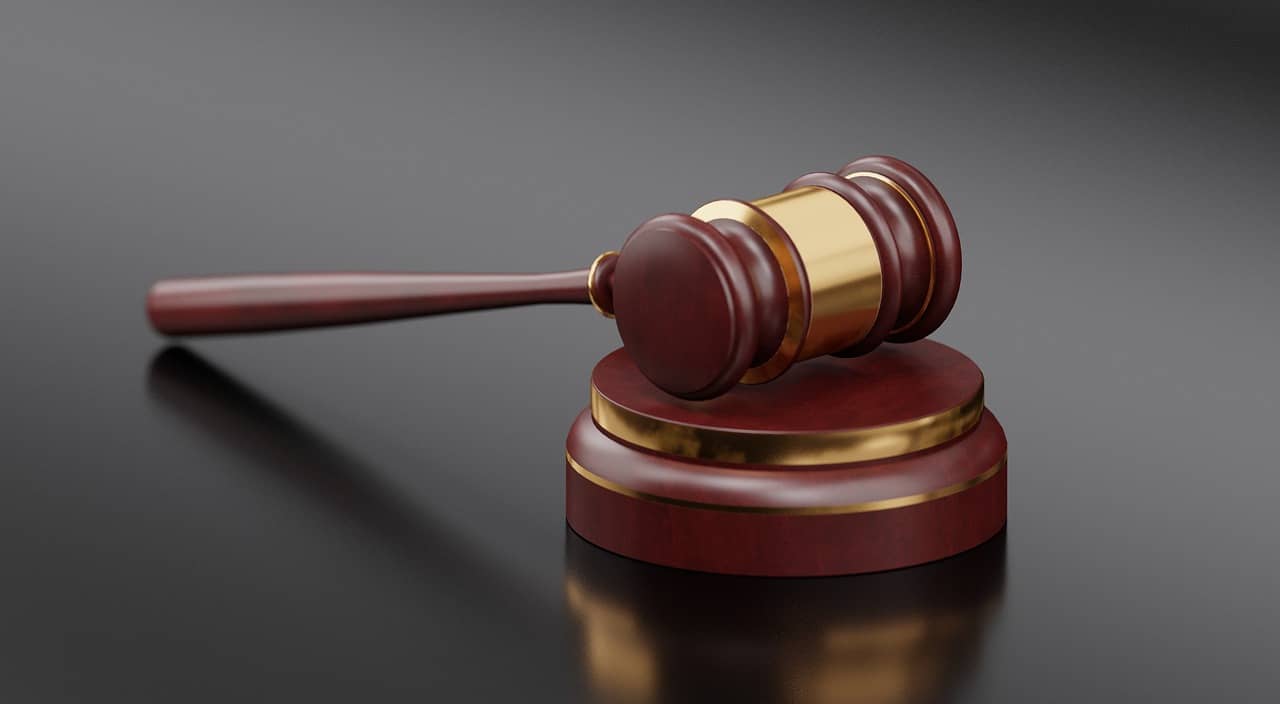Estimated reading time (in minutes)

Company assets The case involved an executive who, for personal gain, sold shares held by one company in the capital of another without following proper procedures for calling a general meeting and obtaining approval. consent of other shareholders. This led to lawsuits for misuse of corporate assets. The defendant invokes the exception of limitation of public action, arguing that more than three years had elapsed between the date of the disputed transfer and the request for investigation by the public prosecutor.
However, the Court of Appeal rejected this argument, finding that the complaint filed by the company concerned, which occurred within three years of the disputed transfer, had interrupted the limitation period .
The Supreme Court, reversing the decision of the lower court, affirmed that only the acts of prosecution and instruction have the power to interrupt the prescription , excluding a simple complaint from this category. As a general rule, acts of prosecution are understood as initiating public action, while acts of investigation aim to document offenses and identify the perpetrators through direct citations, indictments or searches.
It is therefore not surprising that the complaint accompanied by the constitution of a civil party interrupts the prescription of the public action, because it sets in motion the legal process.
Unauthorized sale of company shares: misuse of assets and legal action: –
The manager of two companies sold shares held by the first company in the capital of the second without following the appropriate procedures, raising fears of misuse of the company’s assets. This section provides an overview of the case and the legal proceedings that followed.
Prescription and interruption of prescription: –
The defendant invoked the exception of prescription of the public action, arguing that the period of three years had elapsed between the disputed transfer and the requisition of the investigation. However, this argument was rejected by the Court of Appeal, which considered the complaint filed by the company concerned within the three-year period as an interruption of the limitation period. This section explores the notion of interruption of prescription, the distinction between acts of prosecution and complaints, and the strict rules governing the interruption of the prescription of public action.
